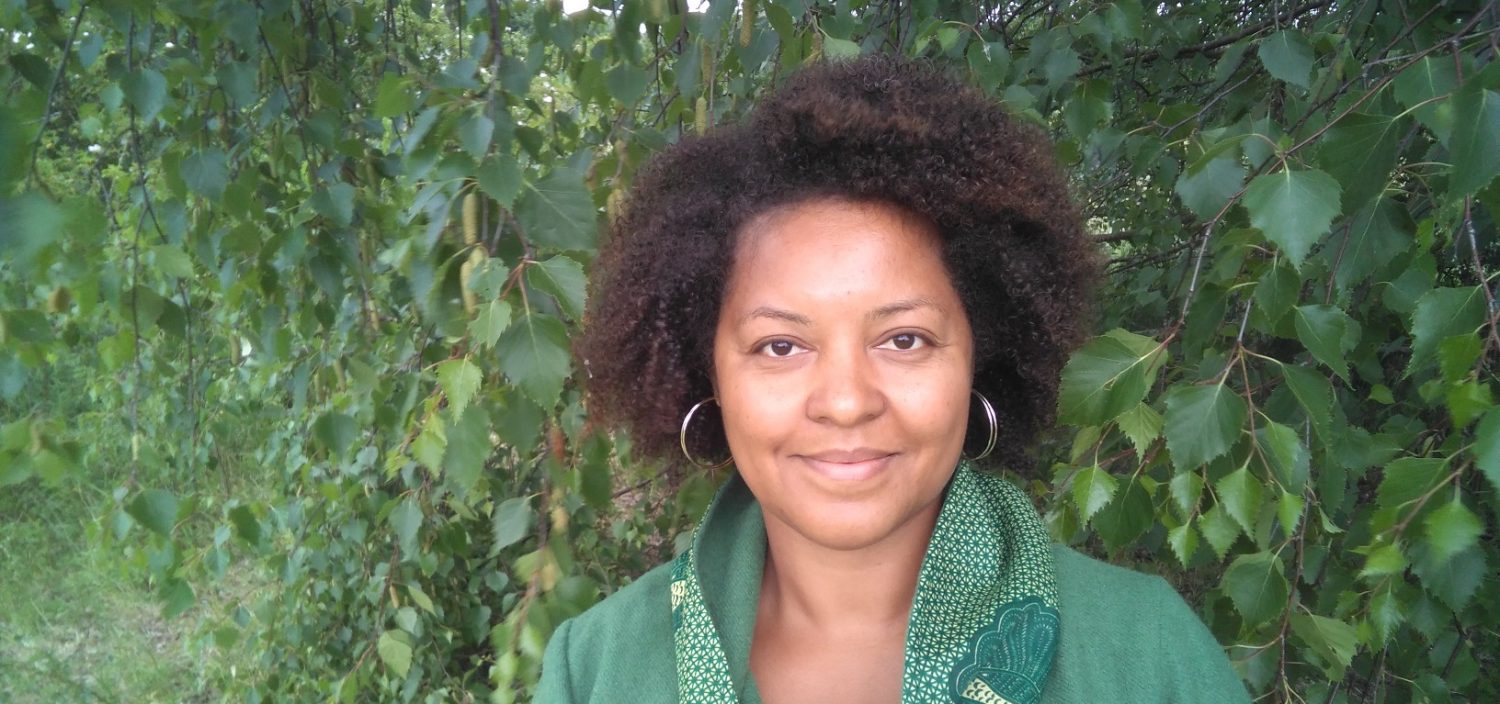Black dismissiveness of nature isn’t just simple dislike, it belies a legacy of trauma and the interference of white supremacy.
A version of this article was first published by Blavity
If you’re black and love being in nature, no doubt you’ve probably had friends roll their eyes at you or ask if you’re mad. We’re not supposed to like it – apparently.
Black dismissiveness of nature isn’t just simple dislike, it belies a legacy of trauma and human interference which has made being in nature feel unsafe and unwelcome.
In both the US and Europe we spend less time in nature than white people.
This means we benefit less from a positive relationship with the natural world and all of its health giving properties (reduces stress, depression, anxiety, rumination, lowers our heart rate and cortisol levels, increases meditative feelings, concentration, elevates our mood and supports our nervous systems; people who live close to green space live longer).
Many of us have been disenfranchised from nature by racism and the legacies of slavery, colonialism and poverty. Within Africa and the diaspora the trauma of interaction with white people and contradictory negative messages about our relationship with nature as either shameful (we’re primitive for being close to the natural world), or incompetent (we don’t know how to act in nature/we harm nature) has kept us away.
Meanwhile, people of African descent in the diaspora are now more likely to live in urban areas with a lack of access to parks and open spaces and are disproportionately effected by environmental conditions which harm our health (air pollution, toxic water and heat island effect).
There are deep psychological consequences in being disconnected from nature, resulting in trauma from the loss of intimacy. It creates an emotional disconnect to something that we are part of and is a source of support. Attitudes within black communities that nature is pointless or for white people is a form of internalized racism which also serves as a coping mechanism to minimise traumatic experiences which have separated us from a relationship with the natural world. The damage runs so deep that many of us express pride that we hate nature.
It isn’t normal to step away from something healthy and that feels good, unless we are given cause to.
There has been a process of disenfranchisement in which white supremacy has instilled feelings of fear and inferiority in being in the natural world. Slavery and colonialism made nature a place of horror, hardship and shame. Segregation and the Klan made travelling through the countryside intimidating. Jim Crow laws enforced black absence from parks and recreational sites. Indigenous Peoples have been displaced to make room for ‘pristine’ wildlife parks in the US and Africa. In the UK feeling unsafe and unwelcome kept generations of migrants away from the countryside. In Africa there is a visible distinction about who gets to enjoy the wildlife fenced off from poorer black Africans for the enjoyment of richer white people.
The trauma isn’t just a historical legacy, dynamics with other humans continue to make being in nature feel unsafe. A black couple recently had a gun pulled on them by a white woman in Starkville Miss. for visiting a campsite beauty spot, in the UK a white scout leader compared a female colleague wearing a nikab to Darth Vader, saying that she would ‘frighten children and animals.’ I’ve had a group of white male outdoor leaders openly make racist remarks in front of me, regaling the good old days when you didn’t have to be PC and breaking into racist impersonations, whilst I was alone as a black leader with them in the woods. Stark messages about where we’re perceived to belong or not belong. The idea of nature as a white bastion persists.
Environmental movements have a long history rooted in eugenics and white supremacy – Sierra Club, National Geographic, World Wildlife Fund and Scouts all had founders and prominent members who were eugenicists or Nazi’s whose views about pure, unspoilt landscapes were linked to ideas of racial purity.
Prof. Dorceta Taylor’s seminal 2014 report revealed the environmental sector in the US to be a “green insiders club” with a lack of diversity. In the UK a paltry 1.8% of the staff at Natural England responsible for advising the government on nature, are people of colour. The best funded African conservation NGO’s are dominated by white people.
Racism can lurk unchallenged within environmental organizations and there is significant pushback to attempts by black leaders to call it out. However there are increasing numbers of black nature groups on both sides of the atlantic, challenging myths about our relationship with nature and critiquing the environmental field’s lack of progress in diversifying staff and programmes.
Groups like Outdoor Afro and Greening Youth Foundation in the US and Wild in the City and Sheffield Environmental Movement in the UK are working to address the lower presence of people of colour enjoying nature.
This disconnect has gone on too long, we need to recognise the difference between the sabotage of human interference in our relationship with nature and not actually liking nature. We need to acknowledge the harm done, so we can start to heal and repair the relationship. The enjoyment of nature is our heritage and is there waiting for us to claim it, a step which will bring us renewed strength both as individuals and as communities.
